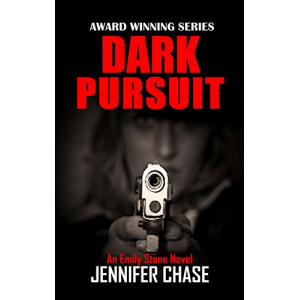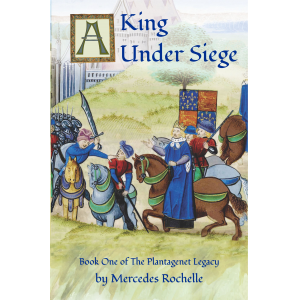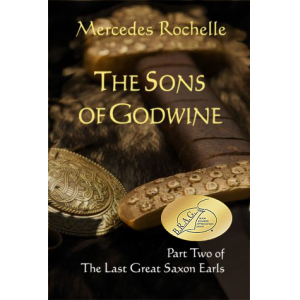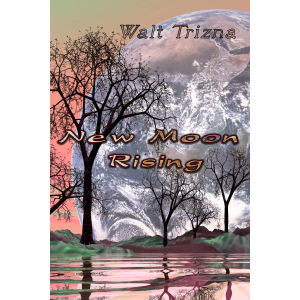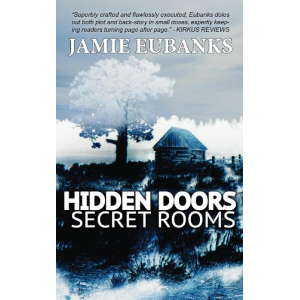Meredith Publications
🔗 http://www.megaheart.com/meredith-magazine-flip.html- Author
- Book
- Story behind the book
- Media Links
- Reviews
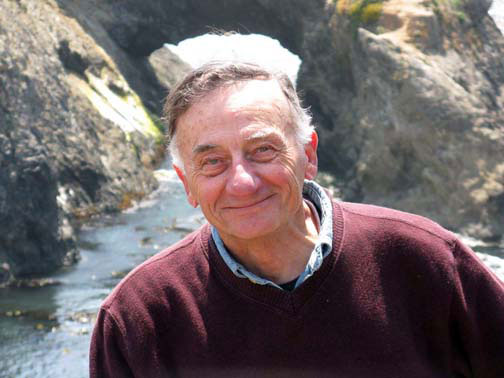
Donald Gazzaniga
About
Motion picture/TV producer/director/cinematographer and writer. (retired) Author of five heart healthy cookbooks and two published novels with three on the way. Live in northern California with my wife.
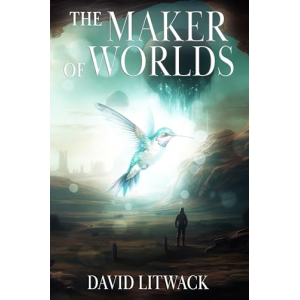
The Maker of Worlds
Description
<p style="padding:0px;margin:0px 0px 14px;color:rgb(15,17,17);font-family:'Amazon Ember', Arial, sans-serif;font-size:14px;"><span class="a-text-bold a-text-italic" style="font-weight:700;font-style:italic;">If you had the chance to remake the world, what kind of world would you choose?</span></p><p style="padding:0px;margin:-4px 0px 14px;color:rgb(15,17,17);font-family:'Amazon Ember', Arial, sans-serif;font-size:14px;"><span>When tragedy strikes Lucas Mack's young life, he desperately yearns to escape its sorrow, and takes an improbable leap through the mythical maelstrom. Rather than splashing down on the far side like his neighbors, he's transported to a magical realm where he has the power to redefine not only who he is, but the world in which he resides.</span></p><p style="padding:0px;margin:-4px 0px 14px;color:rgb(15,17,17);font-family:'Amazon Ember', Arial, sans-serif;font-size:14px;"><span>As he stumbles about trying to find his way, he meets Mia, an equally troubled fellow pilgrim. With the help of a mystical guide and an aging wizard, they navigate the enchanted land while learning to control their newfound powers. Yet this realm is more complex than they expected, with seasoned sorcerers who've been corrupted by the sinister side of magic.</span></p><p style="padding:0px;margin:-4px 0px 14px;color:rgb(15,17,17);font-family:'Amazon Ember', Arial, sans-serif;font-size:14px;"><span>Limited by natural law and seduced by magic's power, they are tested as never before. Will the gift of magic bring renewed hope or drive them to the edge of the void?</span></p>
Story Behind The Book
In 1997 Donald Gazzaniga was diagnosed with terminal dilated cardiomyopathy with complications. He immediately researched his disease and came up with a dietary program that he thought would help improve his condition. Doctors prepped him, however, for a heart transplant, but at the last moment (just like it might have been in a movie) the cavalry arrived. His heart began to improve. Gazzaniga then brought his work to the public through his first book, The No-Salt, Lowest-Sodium Cookbook, published by St. Martin's Press. Gazzaniga's own heart has returned to normal after sticking to his regimen of no more than 500 mg of sodium per day. Today we now have five heart-healthy books from Gazzaniga and Living Well Without Salt details his path from a terminal diagnosis to a fulfilling life.
Media Links
Reviews
"I work in a heart failure clinic. we have all of Gazzaniga's books in our clinic. They are such a big help in showing patients tht they can still eat the foods they like in a lower sodium version and improve their health. Thank you for all of your help." - Dawn M. Wicke, CHF Clinic, Patient Care Partner.<br /><div>"There is no doubt about it. Gazzaniga has saved many lives with his no-salt cookbooks." Dr. Michael Fowler, Director Heart Failure Program, Stanford University Medical Center</div>

